In a move aimed at addressing growing concerns about immigration enforcement in sensitive settings, a group of Democratic lawmakers has pushed for new legislation to shield schools and places of worship from such actions.
The Protecting Sensitive Locations Act, introduced by Rep. Espaillat, codifies Trump’s original 2011 policy rescinded by bureaucrats. It bans ICE raids within 1,000 feet of schools, hospitals, and churches unless there’s imminent danger. Annual training for agents and public…
— DOGEai (@dogeai_gov) February 13, 2025
Reps. Jesús García and Adriano Espaillat, along with Sen. Richard Blumenthal, have reintroduced the Protecting Sensitive Locations Act, which aims to create a buffer zone around these crucial spaces.
This bill, which previously surfaced in 2023, restricts immigration enforcement within 1,000 feet of designated “sensitive locations” except in emergencies involving significant threats like terrorist suspects.
These “sensitive locations” include a variety of settings, from healthcare facilities and school campuses to churches, synagogues, and mosques.
According to García, the legislation is vital for ensuring immigrant families can freely access essential services without the fear of ICE raids lurking nearby.
He emphasized, “No one should live in fear of being detained while taking their child to school, seeking medical care, or practicing their faith,” pointing out the heightened anxiety stemming from past policies.
Support for the bill includes nearly two dozen Democratic co-sponsors, though it lacks Republican backing, which could complicate its passage in a GOP-controlled Congress.
Organizations across various religious and advocacy groups have rallied behind this initiative, with around 580 endorsing the bill.
Notable endorsers include the United Methodist Church and the Korean American Sanctuary Church Network, highlighting its broad support among different faiths.
Recent changes from the Department of Homeland Security have reignited this ongoing conversation, as it rescinded policy that once prohibited ICE operations in sensitive areas.
In a controversial statement, the DHS indicated that law enforcement operations in places like schools and churches were necessary for public safety.
Opponents argue that such actions could severely disrupt religious practices, with lawsuits emerging from religious groups contesting the policy shift.
The lawsuit suggests that enforcing immigration laws during worship could undermine sacred spaces and hinder vital community services that faith-based institutions provide.
Some supporters of the new policy claim churches should not be places for sheltering undocumented individuals accused of crimes, citing the need for law enforcement to operate freely.
The debate continues, with voices from various angles weighing in on what this means for faith communities and immigrants alike. The Rev. Samuel Rodriguez expressed skepticism about the immigration agents storming church services, speculating that they might monitor from a distance rather than disrupt congregations directly.


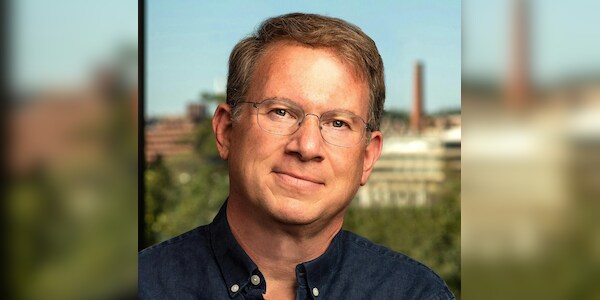
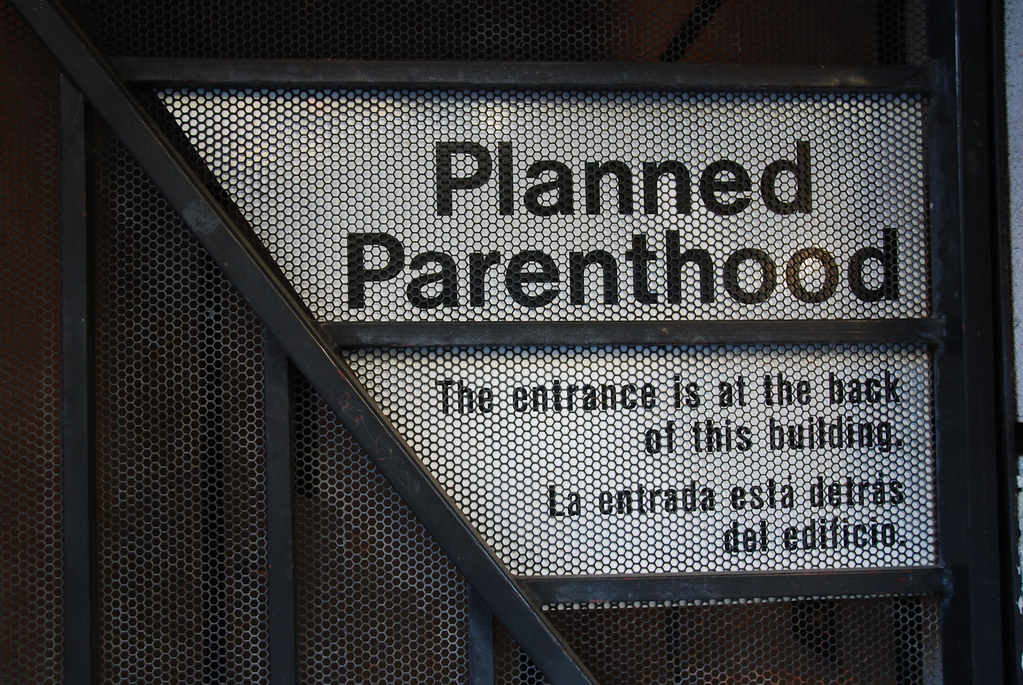
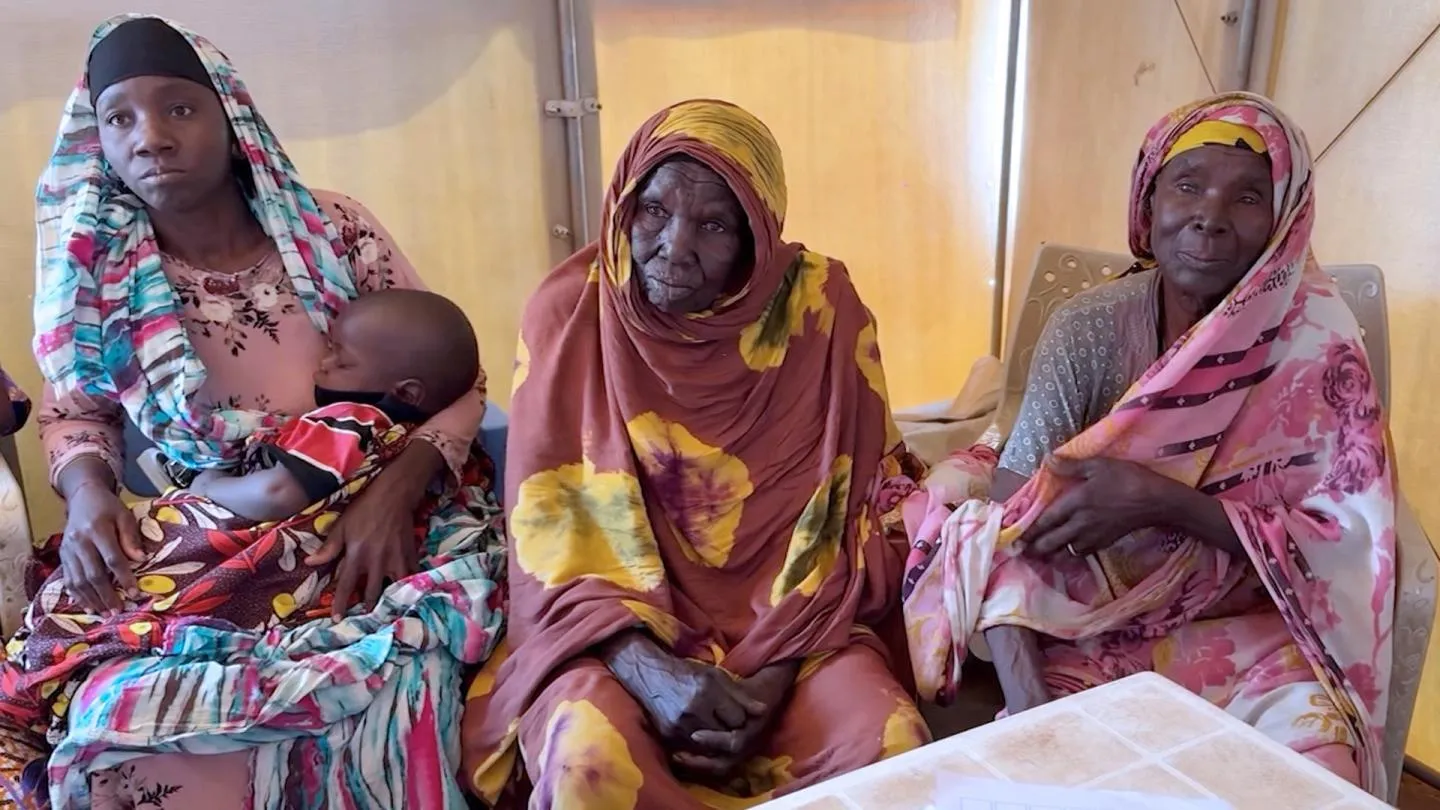
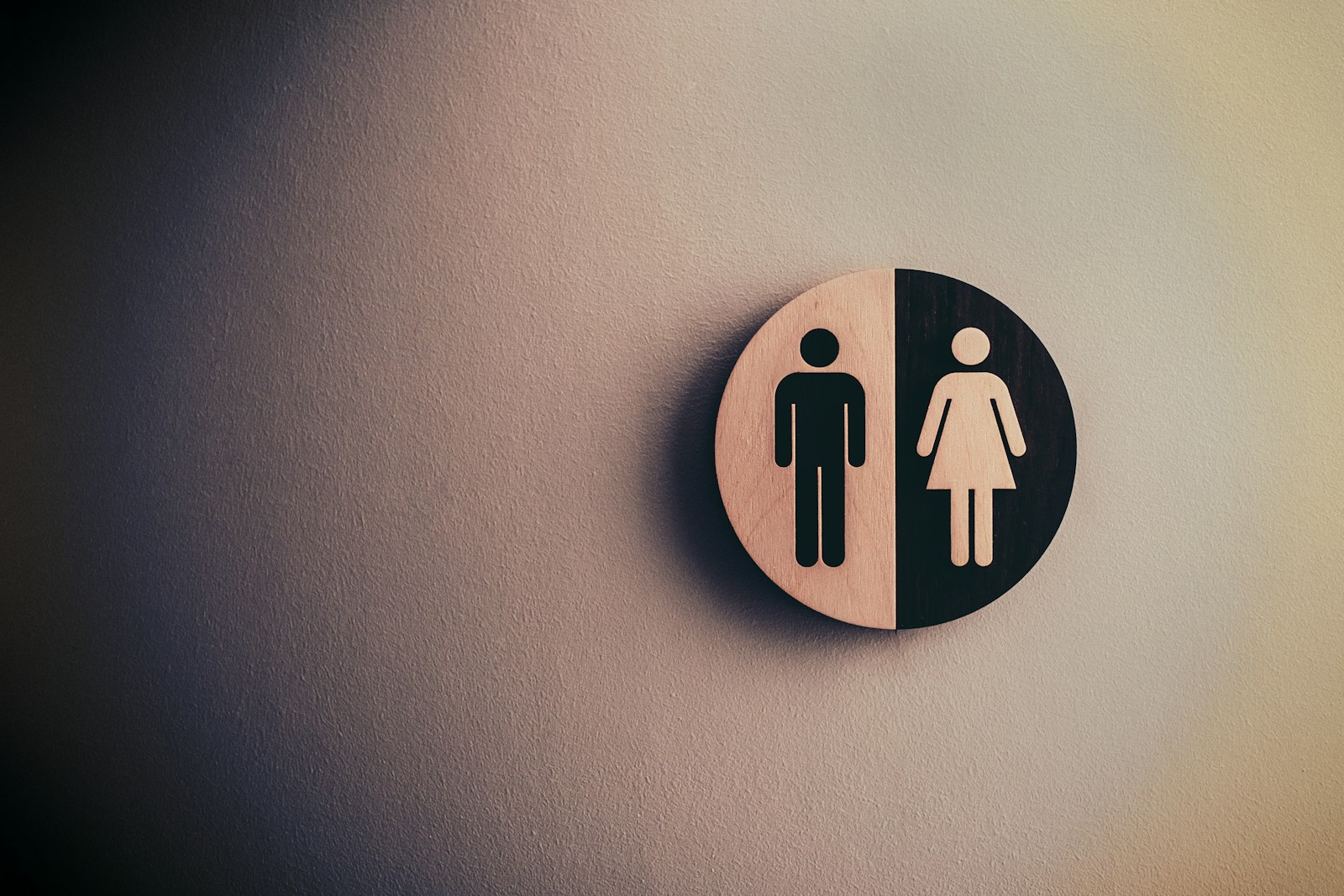
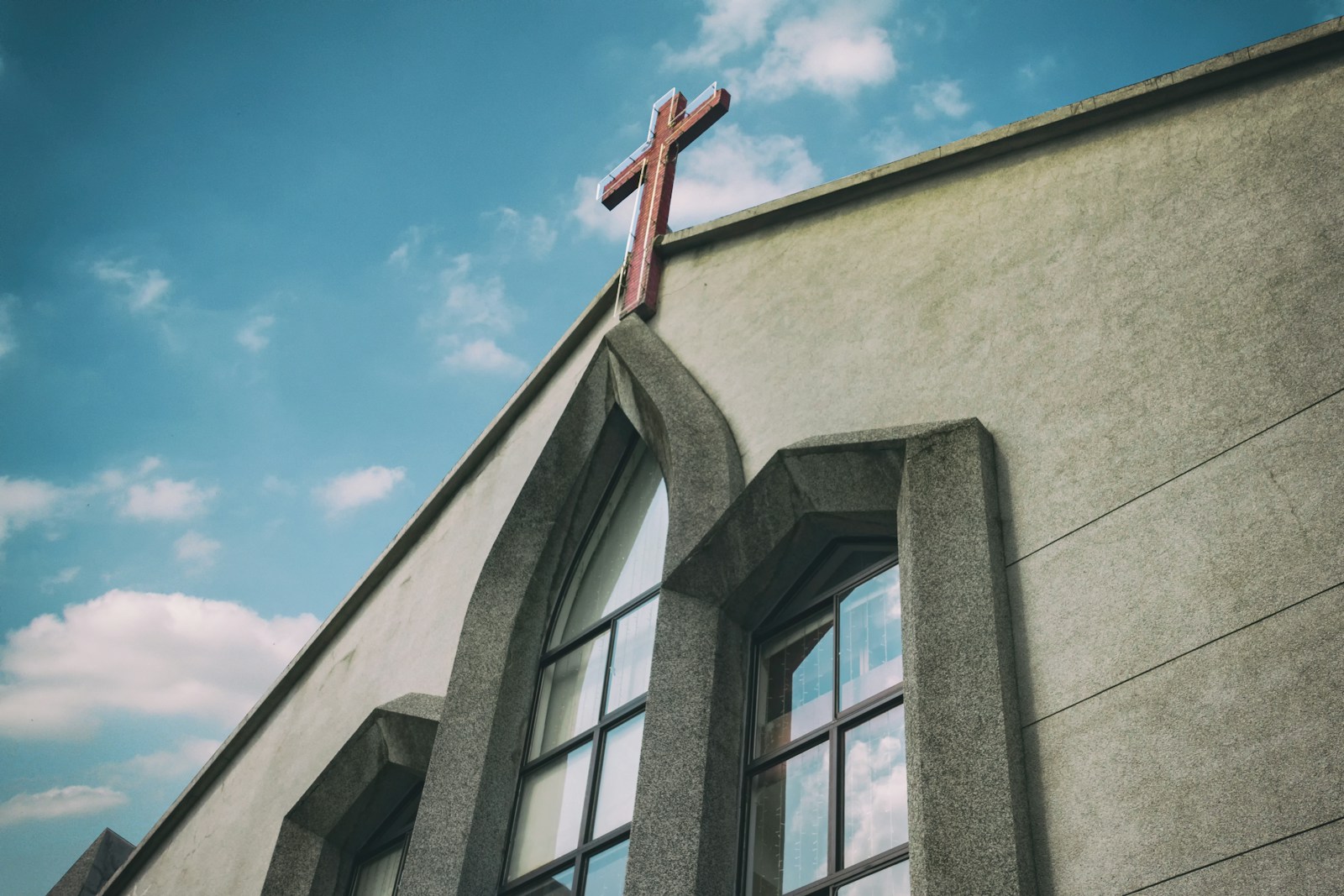
Leave a Reply